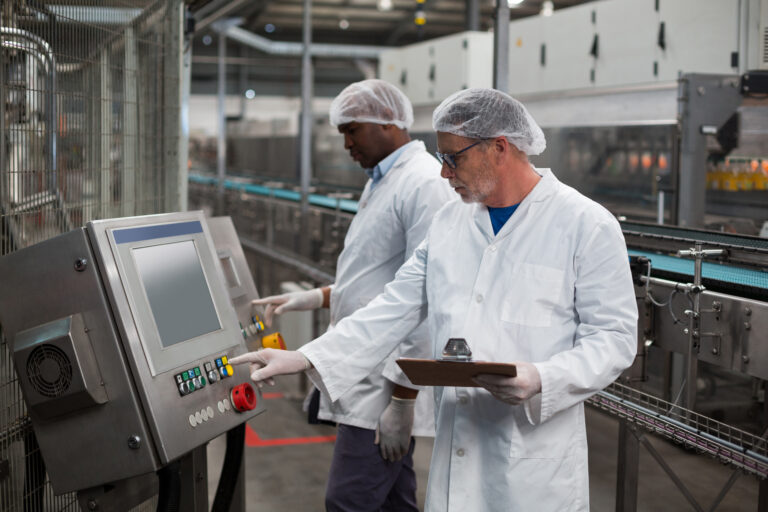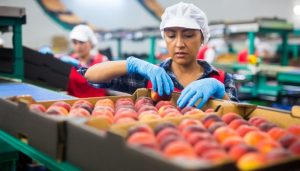The food production industry is evolving rapidly, with automation playing a central role in shaping its future. As global demand for food increases and regulations become stricter, manufacturers are turning to Plant Control Systems (PCS) to optimize efficiency, maintain quality, and ensure food safety. But how exactly is automation transforming the industry, and why is PCS the best solution?
The Shift Toward Automation in Food Production
Traditionally, food processing relied heavily on manual labor, making operations susceptible to human error, inefficiencies, and inconsistencies. With PCS-driven automation, manufacturers can significantly reduce reliance on manual labor by streamlining repetitive tasks, leading to increased efficiency and cost savings. Automation also improves precision and consistency in ingredient measurements and processing, ensuring that each batch meets the same high-quality standards. Additionally, PCS enhances food safety by minimizing human contact with raw materials, reducing the risk of contamination and ensuring compliance with strict industry regulations.
How PCS is Revolutionizing the Industry
One of the most impactful advantages of PCS is real-time monitoring and data collection. Manufacturers can continuously track critical production parameters such as temperature, humidity, and pressure, allowing for immediate adjustments when necessary. Automated alerts play a crucial role in preventing contamination and equipment failures, ensuring smooth and uninterrupted operations.
Another key benefit of PCS is its ability to optimize energy and resource efficiency. By regulating power and water usage, PCS helps manufacturers cut operational costs while promoting sustainability. The system also reduces food waste by ensuring precise portioning and ingredient usage, which is particularly important in maintaining profitability and meeting environmental goals.
Scalability and flexibility are also major advantages of PCS. The system can easily adapt to changing production demands, making it easier for manufacturers to scale operations without significant disruptions. Additionally, PCS enables seamless integration with SCADA, MES, and ERP systems, providing a fully automated and interconnected production environment. This level of automation ensures that food manufacturers can meet increasing market demands while maintaining consistency, quality, and efficiency.
Automation in food production is no longer an option—it’s a necessity. By implementing Plant Control System, food manufacturers can ensure higher efficiency, better quality control, and stronger regulatory compliance, ultimately shaping a smarter and more sustainable future.





